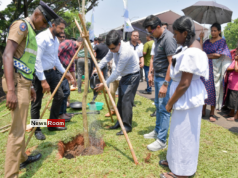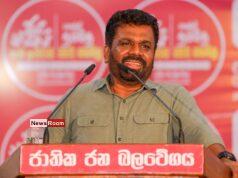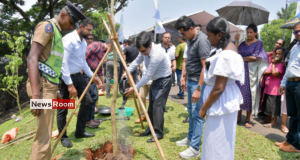Transparency International Sri Lanka (TISL) has welcomed the introduction of a new Structural Benchmark in the IMF’s Third Review Agreement, which it states addressed gaps in implementing the Asset Declarations system under the Anti-Corruption Act of 2023.
In a statement, the TISL said this is a significant step toward ensuring public access to asset declarations, a long-standing reform for which it has strongly advocated.
The benchmark requires the Commission to Investigate Allegations of Bribery or Corruption (CIABOC) to remove excessive redactions, disclose bank balances and other asset values, improve accessibility, publish non-filers’ names, include Beneficial Ownership details in declaration forms, and enact a comprehensive Asset Recovery Law in line with UNCAC obligations.
While this progress is welcome, TISL said it highlights a broader concern, as government institutions often prioritise procedural compliance over meaningful reform.
Weak governance and corruption were key contributors to Sri Lanka’s economic collapse, yet accountability remains lacking when governance-related commitments are not effectively implemented. Critical transparency and anti-corruption reforms risk being delayed or diluted without structured oversight and meaningful public engagement.
Pointing out that without genuine public participation, governance reforms risk becoming ineffective, TISL has called on the government to establish a structured, transparent mechanism for civil society engagement in governance reforms, particularly within International Financial Institution led programmes, such as the IMF agreement.
This mechanism must go beyond ad-hoc consultations and ensure that reforms are developed, implemented, and monitored with input from the public and civil society organizations, reflecting real-world challenges and needs. An open, participatory approach will not only strengthen reform outcomes but also build public trust in the process, it said.
TISL further urged International Financial Institutions to institutionalise civil society participation, ensuring governance reforms are not reduced to box-ticking exercises. Just as macroeconomic targets are rigorously assessed, governance commitments must be subject to the same level of scrutiny.
Upcoming reforms on proceeds of crime, public procurement, and beneficial ownership transparency must be implemented in ways that guarantee genuine progress. TISL emphasised that the strength of Sri Lanka’s economic recovery will not be determined by financial restructuring alone but by its commitment to accountability, open governance, and the rule of law.








